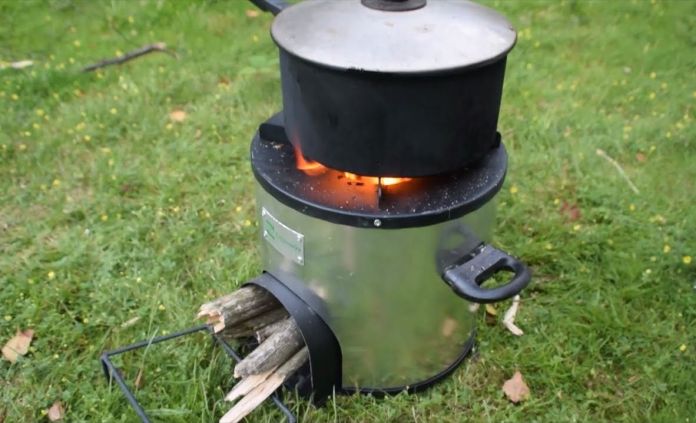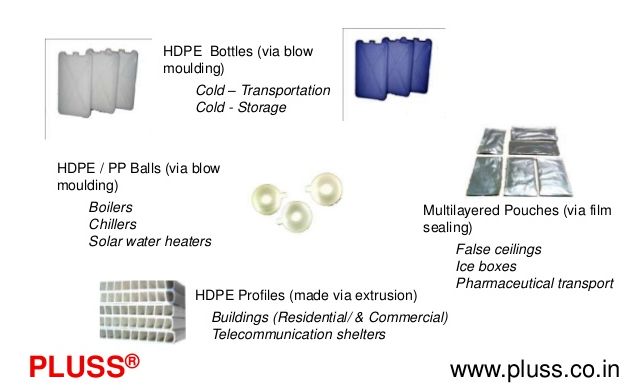The Clean Energy Access Network (CLEAN) recently organized its fourth edition of “Indian Energy for All Summit” with an aim to fast track India’s clean energy transition by scaling up the use of Decentralized Renewable Energy across the country. DRE is a tool to address the goals while meeting poverty alleviation and rural welfare objectives by ensuring 24×7 energy supply through decentralized renewable energy sources such as solar power and wind energy.
The Indian Energy for All Summit brought together cleantech innovators, DRE practitioners, government agencies, and policy makers to deliberate on how to implement India’s goal of providing reliable access of power to all and ensuring better sustainable development outcomes using DRE. Apart from the technical conference, there was a dedicated exhibition to showcase the latest clean energy technologies in DRE. The Clean Energy Access Network had assembled an interesting collection of cleantech innovations and DRE appliances such as solar-powered charkas, biomass stoves, solar inverters and much more. Here are select few of them:
Tapping solar power for silk weavers – Resham Sutra

Traditional thread reeling methods of silk are highly laborious and require an upgrade in productivity. Rural women artisans working on these silk thread reeling machines had to struggle to either power it manually or pay a high cost for electric power. To address this issue, Kunal Vaid established Resham Sutra with an aim to bring a new generation technology in the age-old crafts using modern tools and help them earn a respectable livelihood.
Resham Sutra’s solar silk reeling machine provided huge savings in time and energy for these women artisans. The solar reeling machine uses 10% of the power of a standard reeling machine. It is a compact machine of 1.5′ x 1.5′ feet run by a micro-motor of 15W DC. The motor is connected to a battery that can be charged by solar panels, making it viable to run 12 hours a day. The cost of these solar-powered micro-silk reeling machines ranges from INR20,000-28,000. Resham Sutra also offers higher capacity industrial reeling machines cost ranges from a lakh up to 60 lakhs for completely automated 400 end reeling machines. As recognition for its innovation, Resham Sutra’s cleantech innovation won the American Society of Mechanical Engineer’s ISHOW 2019 and Ashden Awards 2019.
Igniting better lives – Bluematch

A vast number of rural households across India still use firewood and coal for cooking. The smoke that results from the open fire is harmful to women and children causing severe respiratory diseases. Bluematch Ecostove is a cleantech innovation that aims to reduce this problem. It is an updraft gasifier made of a solid stainless steel body, where the fuel source is biomass pellets. A fan is used to direct the oxygen required for combustion, which can be regulated to achieve the desired heat for cooking. The batteries used for the ignition of biomass pellets can be charged through the basic electric grid or a solar panel charger.
The Bluematch Ecostove claims to reduce carbon emissions by more than 3tons/year. Further, the stoves are manufactured by local facilities and transported by rural women, making it by the women, for the women. However, the cost of the stove is pretty high at INR6,000 and further, there is the issue of supplying biomass pellets at regular intervals.
Smart stove for lesser emissions – Greenway

Greenway Smart Stove is another user-friendly replacement for traditional chulhas. It is a single burner cook stove that uses waste biomass such as dry dung, coconut shell, crop stalks, bamboo, etc. Such biomass can be directly used as a fuel with no necessity for pre-processing, but it needs to be ignited manually and it has no fan or a regulatory system. The stove has a loading capacity of 25kg and it has a secondary air induction mechanism. It is apt for the usage of a family of 4 to 6. This innovative stove reduces smoke by 70% and saves fuel by 60% and is MNRE certified. The Greenway Smart Stove costs INR1,500.
Phase change for energy storage – PLUSS

Phase Change Materials (PCMs) are ideal for thermal energy storage since they are cost effective, stable and eco-friendly. The energy spent on changing the phase of these materials is stored and released as heat at the required time. PLUSS manufactures and works on material research in the field of Specialty Polymer Additives or enhanced PCMs. PCMs have a wide scope of applications in building construction, cold storage, solar energy storage, temperature-controlled packaging for food, pharmaceuticals etc.
These PCMs have to maintain temperature without the need for external energy sources, shifting peak power loads to off-peak power loads, and work as a backup energy source. They are highly cost-effective, eco-friendly and stable. Their use is found helpful in cold storage and transportation, solar energy storage, controlled packaging of food, etc.
PLUSS utilizes a wide range of phase change materials such as hydrated salts, organic fatty acids, organic mixture, paraffin, etc. They check for three major factors of PCM – consistency in performance over a substantial period of up to 3,000 cycles (8-9 years), maintenance of constant temperature during phase changes (up to 16 hours) and high latent heat capacity (>200J/g).
Affordable Refrigeration – Inficold

Farmers in India lose nearly 20% of their farm produce in post-harvest losses due to improper storage and lack of any harvest technologies. Inficold has come with an ideal cleantech innovation to use refrigeration without any hassles of power grid connectivity or diesel operating expenses. It is a farm-level solar cold storage manufacturer founded by Neal Goel and Himanshu Pokarna, which was established in 2015 in partnership with the National Institute of Solar Energy.
Inficold’s cold storage systems use a phase-change technology (water to ice) for energy storage. Solar energy is converted into electricity to run a compressor of the cold storage system. The ice formed is used for the cooling of the product inside. The system does not use any backup battery, and yet ensures to provide 24×7 cooling. This saves 30% of energy consumption. Inficold further has a retrofittable advantage since its technology can be fitted into any existing cold storage system. This helps store and transport perishables like milk, fruits, poultry, etc. The cost of cooling is 15-16paise/liter for milk.
Enabling salt farmers with solar pumps – NRDC India
National Resources Defense Council (NRDC) is an American organization that is helping to expand solar power and low emission energy source utilization in India. They collaborated with Ahmedabad’s city agencies to develop South Asia’s first Heat Action Plan in 2013. They have provided materials and support to create a road map for other cities and states across India to adopt their heat-preparedness plans.
NRDC India’s other major work was to help the Agariyas, the salt pan worker families in Kutch, Gujarat. Agariyas used diesel-powered pumps to draw brackish saltwater from shallow wells and spread it on salt pans, which was not only costly but dirty as well. SEWA–Self Employed Women Association partnered with NRDC to harness the solar power for pumping. They started with hybrid-powered pumps that run both on diesel and solar power. This step reduced around 115,000 tonnes of carbon emissions. Further, Agariyas were able to increase their annual net income by 94%. SEWA now aims to replace 15,000 diesel pumps with solar pumps among all SEWA members across Gujarat and then scale it for salt farming in the entire region. The next step of this partnership is working on village-level clean energy plans. NRDC further aims to convert the success of this work into an established model for locally-driven climate solutions.



















